Time to BeReal
In a world of carefully curated Instagram feed posts and strategically masterminded bios, alternative social media app BeReal was designed to go against the grain. Created in 2020, the app prided itself on being an “honest” social media platform—no more filters, face tuning, or fakery. In theory, the idea was smart: deliver a notification to all users across the world at the same time, alerting them they had two minutes to snap a front and back camera picture of where they were and what they looked like in that exact moment. Hair in a slept-in bun, homework in a neglected pile, two-day-old mascara clumped under the eyes; BeReal was meant to show young adults that their friends did not live in perpetual states of parties, Michelin-star meals, and perfectly posed “candids.”
In actuality, BeReal—which spiked in popularity earlier this year, recording a peak of 100,000 daily downloads in April 2022—failed to do what its name promised. Rather, BeReal has established a culture of toxicity cloaked behind the facade of genuineness. While many app users do post when they initially see the notification pop up on their lock screen, an exorbitant amount make note that the BeReal has “gone off,” and save their daily post for a more idyllic time of their day. Math homework at 3 pm is replaced with a party at 11; a slow morning alone is erased in seconds with a boisterous lunch with friends. This habit of “holding on” to a moment of intended spontaneity creates a false sense of reality that unequivocally invites comparison. How could one not feel inferior when–regardless of if the BeReal was taken in real-time or not–the very concept of the app invites one to compare themselves and their life to their friends?
Before one even has the chance to compare themselves to others, though, one must first develop a reliance on their phone. Already, the world has an undeniable issue with cell phone usage. According to Reviews.org, “On average, Americans checked their phones 262 times per day in 2021.” Even more concerningly, over 70% of Americans disclosed that they check their phones within five minutes of receiving a notification. Both of these frightening statistics make it clear that phone usage is being replaced with phone dependency. BeReal promotes the worsening of such statistics. For users who wish to capture their photo in the two-minute allotted time frame and even for users who don’t, the very nature of the app encourages the near-constant checking of phones. Whether it’s checking to see if BeReal is out for the day, what others have posted, or to check reactions and comments left on your post; BeReal is nearly synonymous with an uptick in screen usage, a practice that our society does not need.
Numerous proponents of the buzzing app point to the confidence boost that BeReal has granted them. Instead of scrupulously scrutinizing selfies for hours before posting or worrying about how many likes a photo has gotten, many say that BeReal has encouraged users to confidently step out from behind the screen of filters and alterations, and instead share unedited photos of themselves without obsessing over how they look. As Teen Vogue wrote, “the best part [about BeReal] is, you’ll start to realize you’re not the only one who doesn’t look and feel amazing all the time and that everyone has parts of their day that are far from glitz and glam.” These sentiments are undoubtedly true for some users, and it shouldn’t go without notice that there is power in the unposed and the untouched. BeReal was created with honorable intentions. Ever since social media overtook the world in the early 2000s, people have become overly self-conscious and critical of themselves, a habit that BeReal was ever so respectably trying to rectify.
However, these positive impacts are the exception, not the rule. What has been presented and touted as a miraculous app destroying social norms and expectations is, in reality, just another notification to check, photo to take and retake, and reaction center to keep tabs on. If BeReal was established to swim upstream in the white water rapids that is social media, the question is inevitably begged: isn’t BeReal just one more social media app?
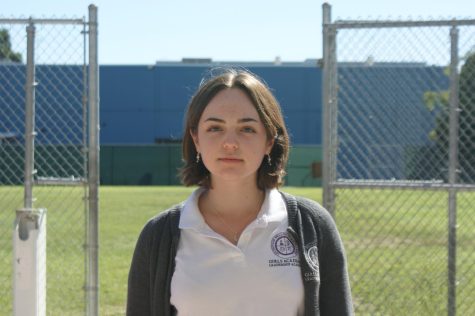
Quincy Rane is a senior at Girls Academic Leadership Academy. She is in her fifth year of journalism and is currently the Co-Sr. Editor-in-Chief for The...
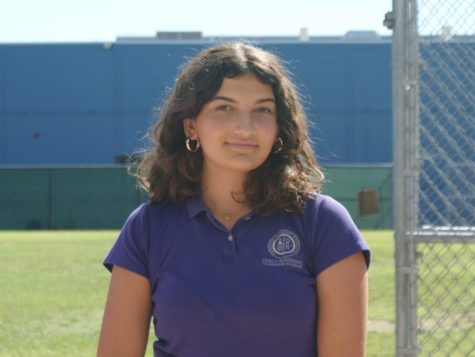
Maya (she/her) is a lover of historical fiction novels, cherry tomatoes, and all things coffee-related. When not writing, you’ll likely find her debating...
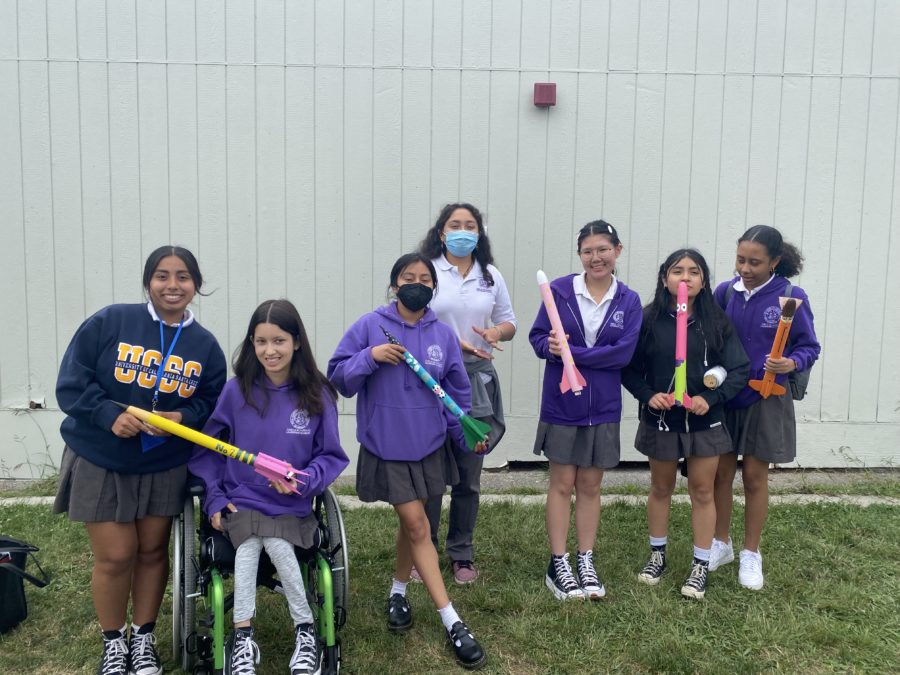
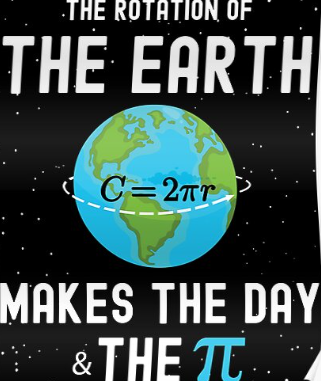

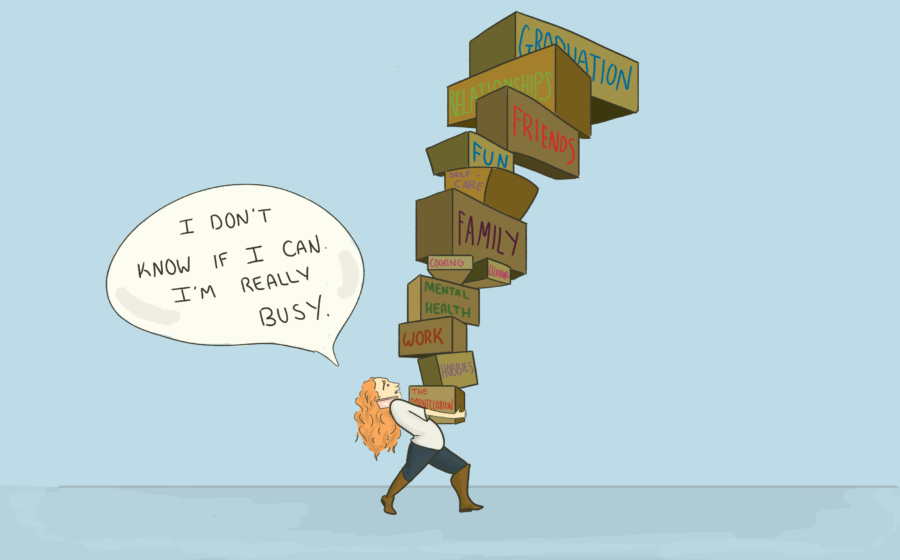
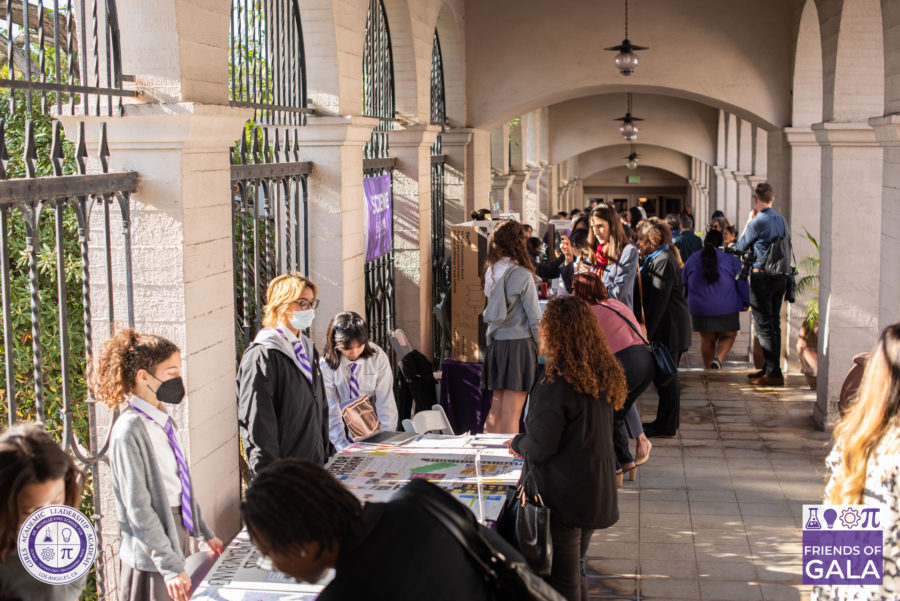
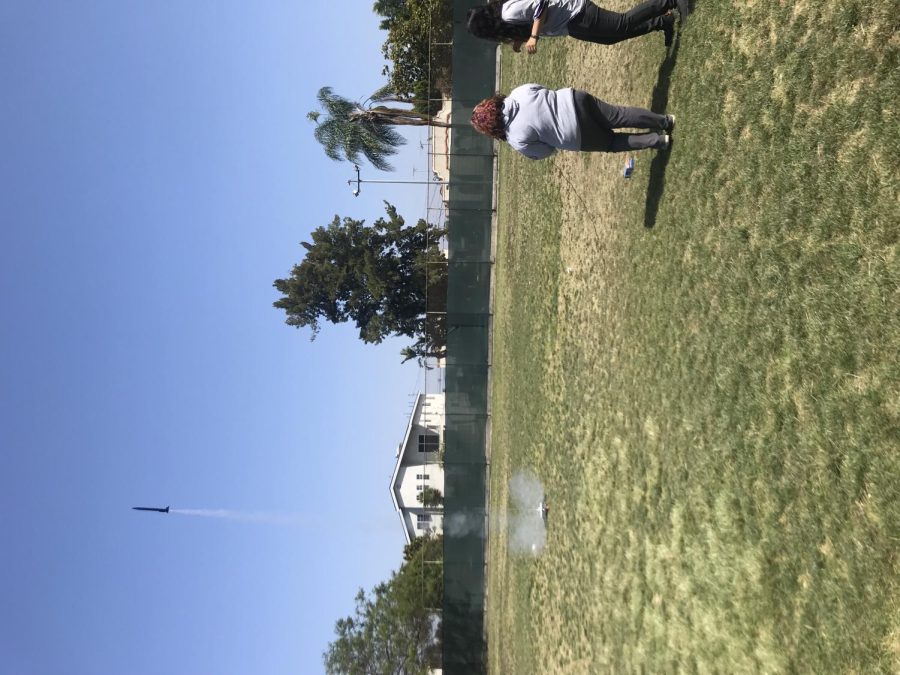
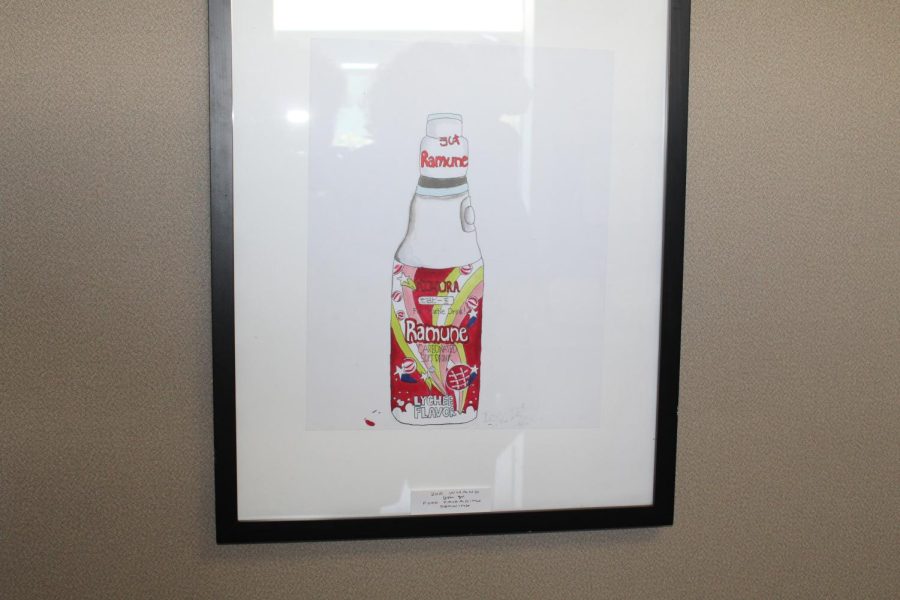
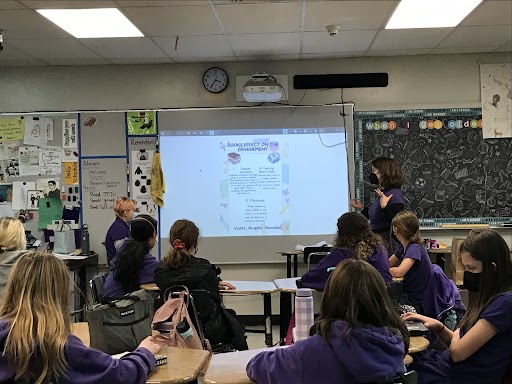
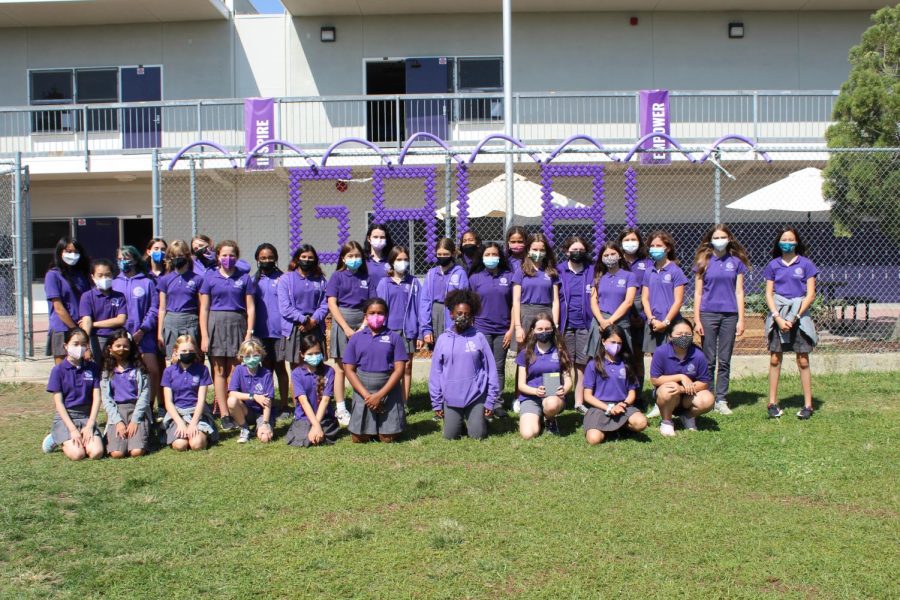
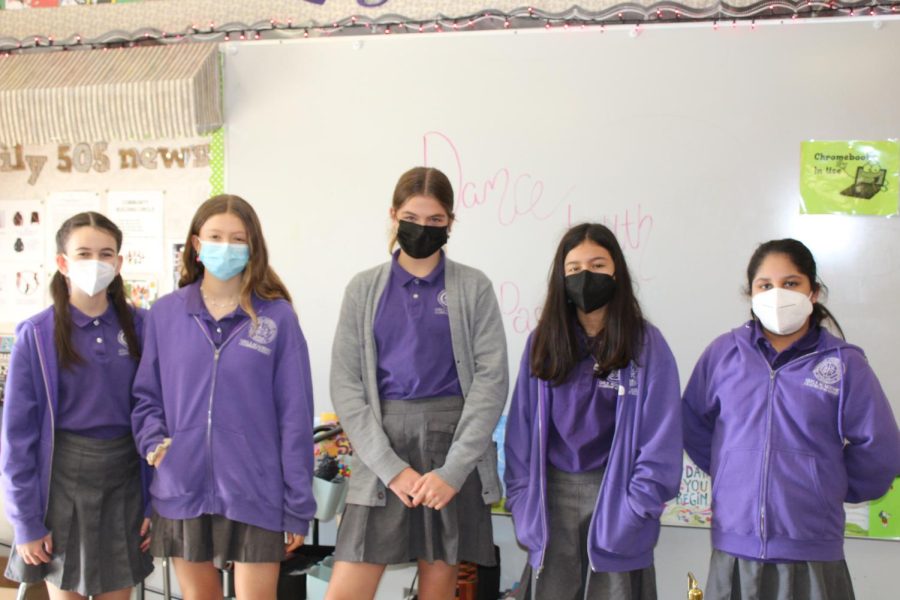
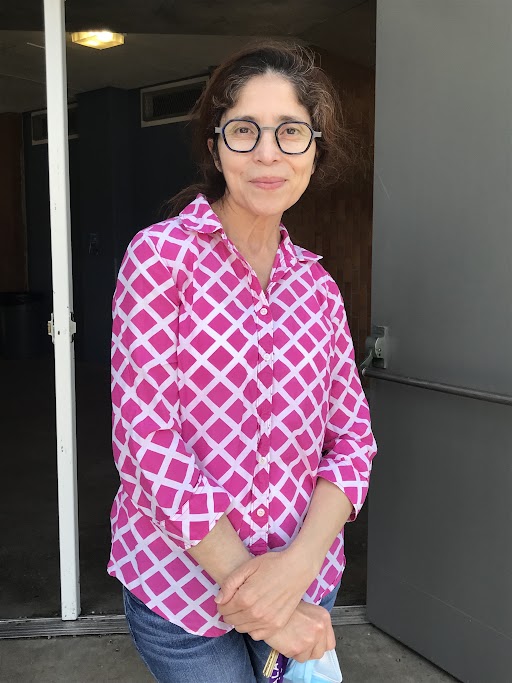


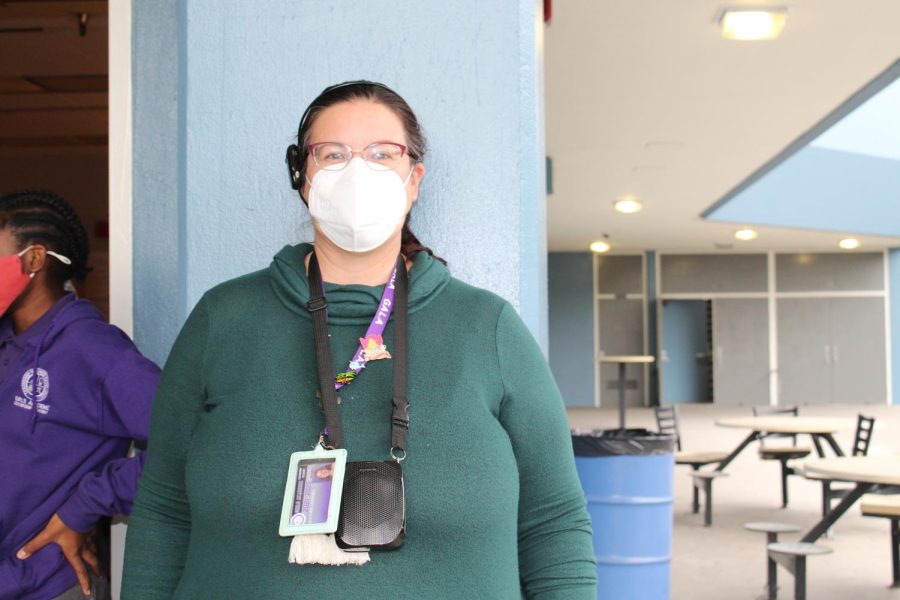
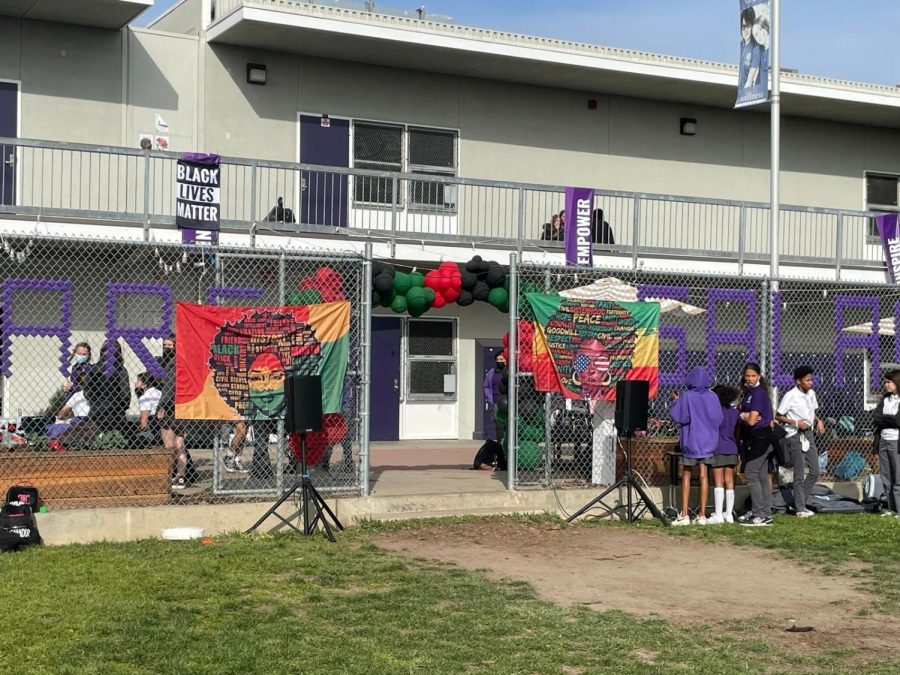
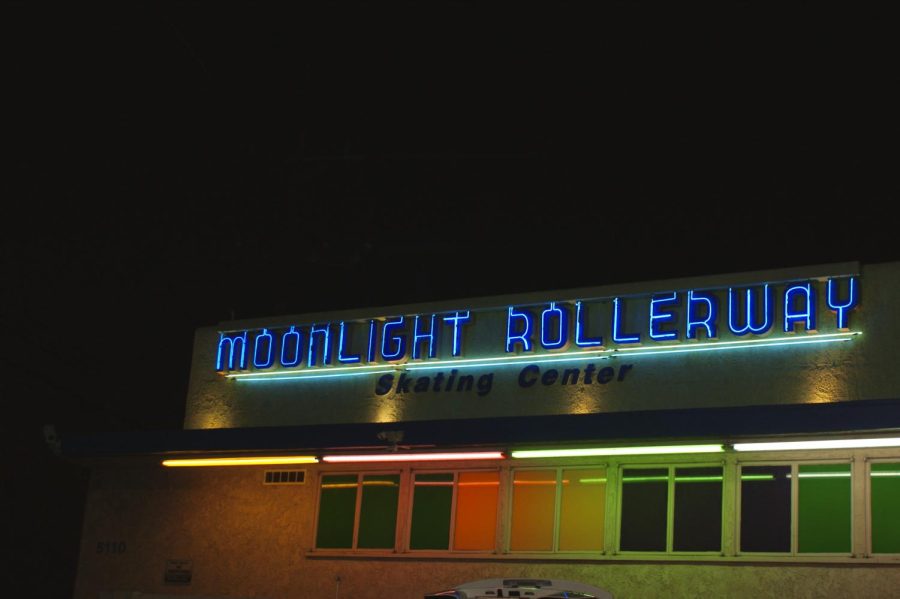


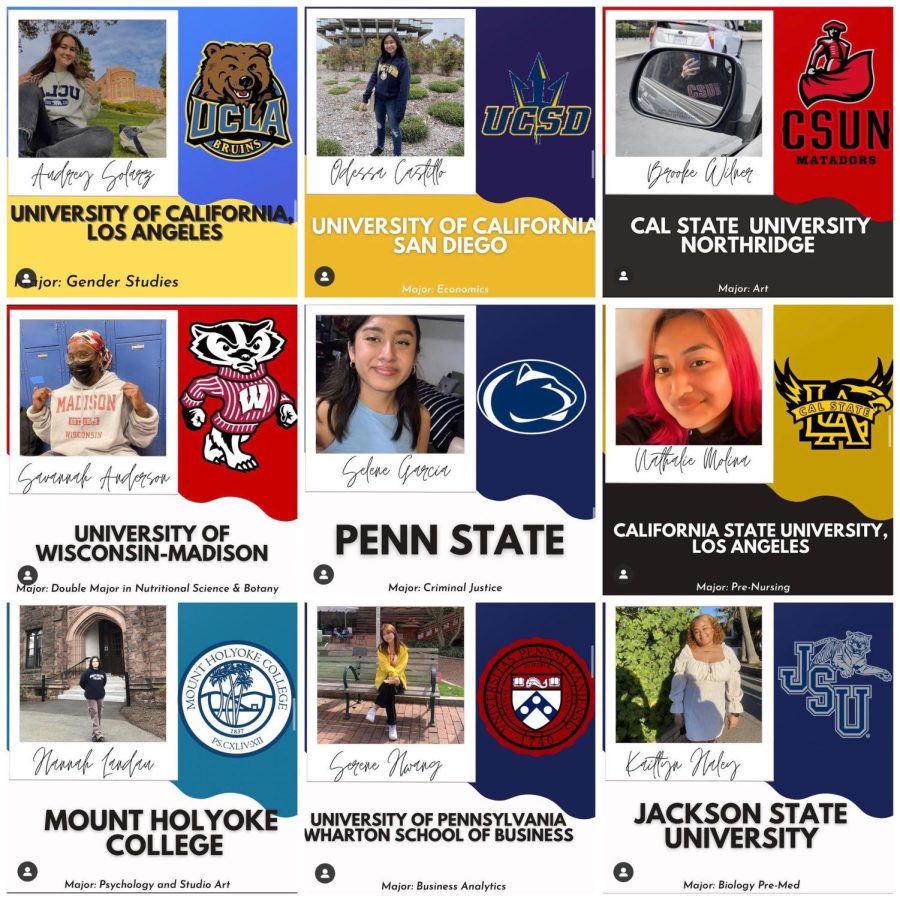

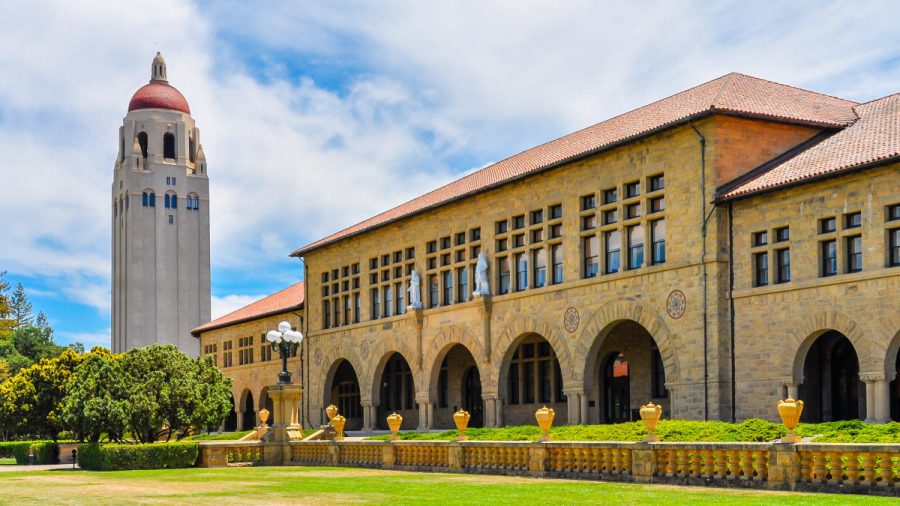

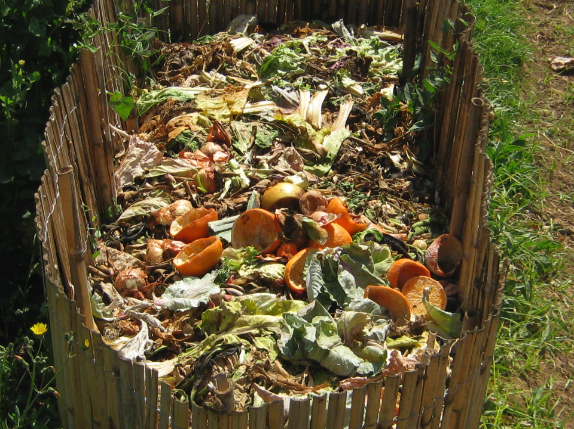
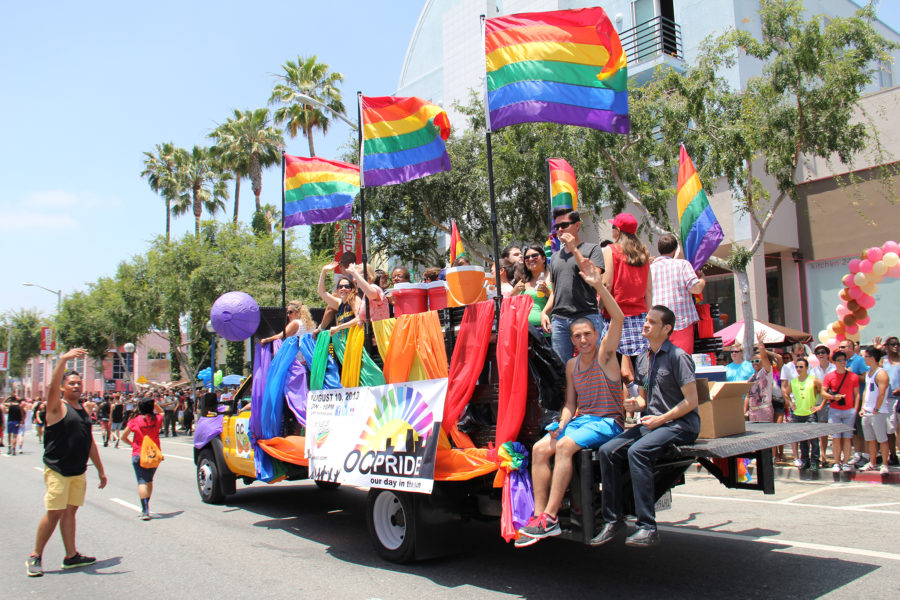

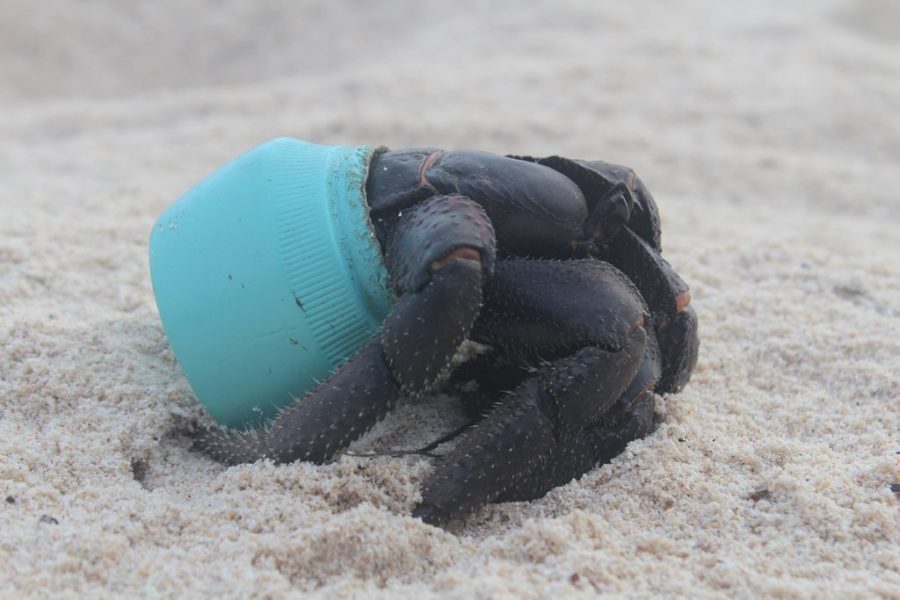

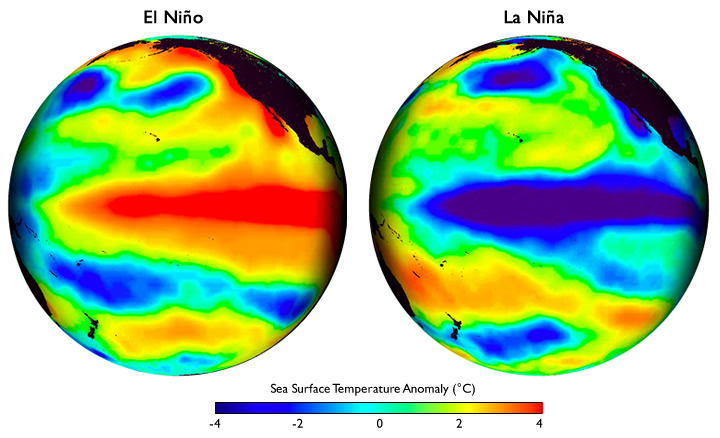

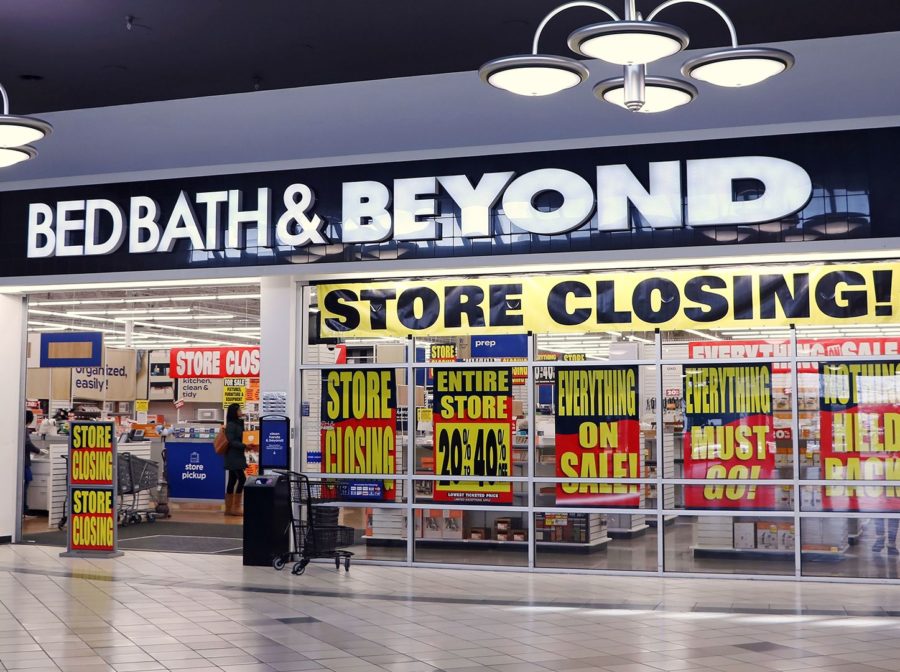
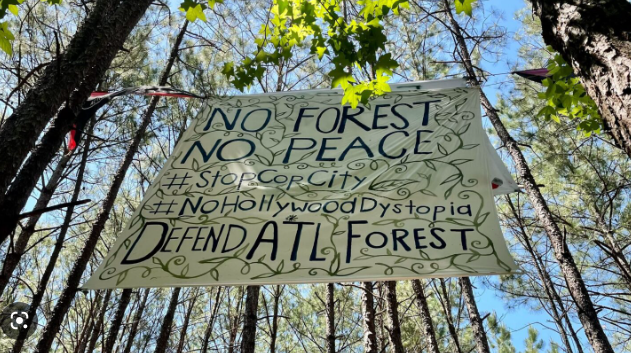
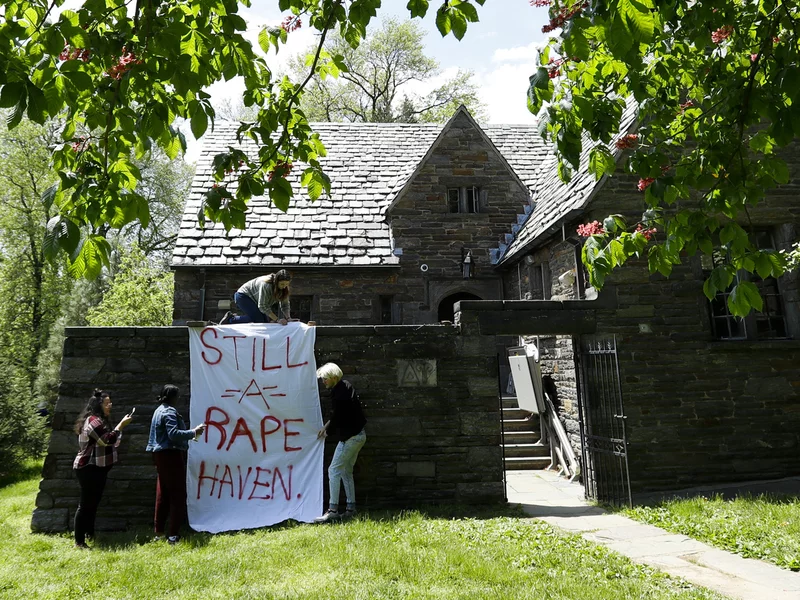
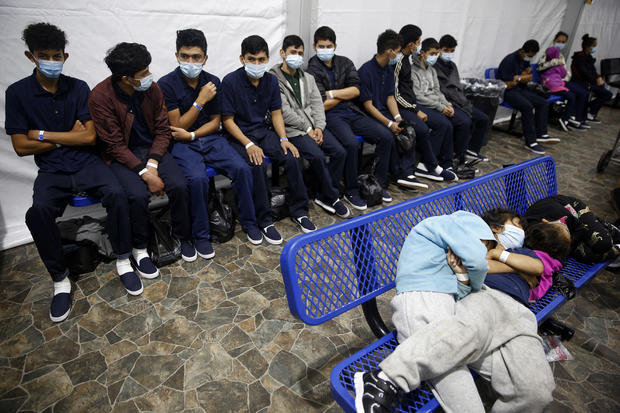
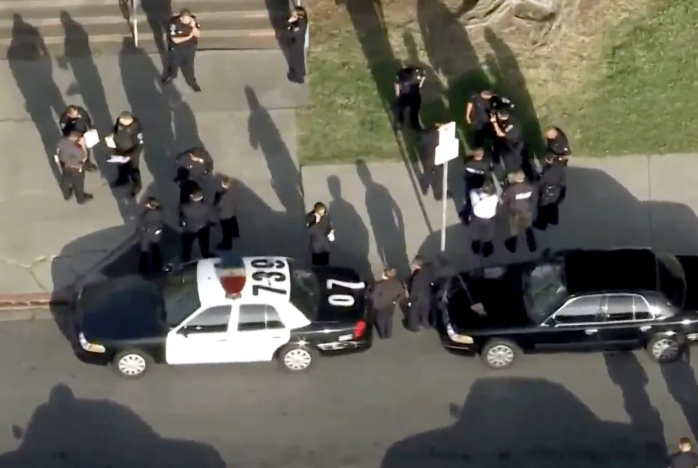
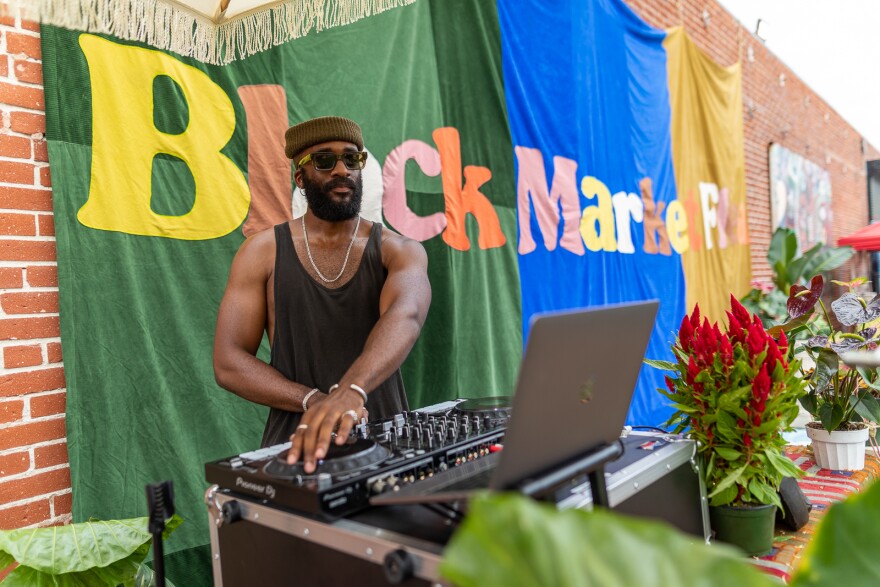
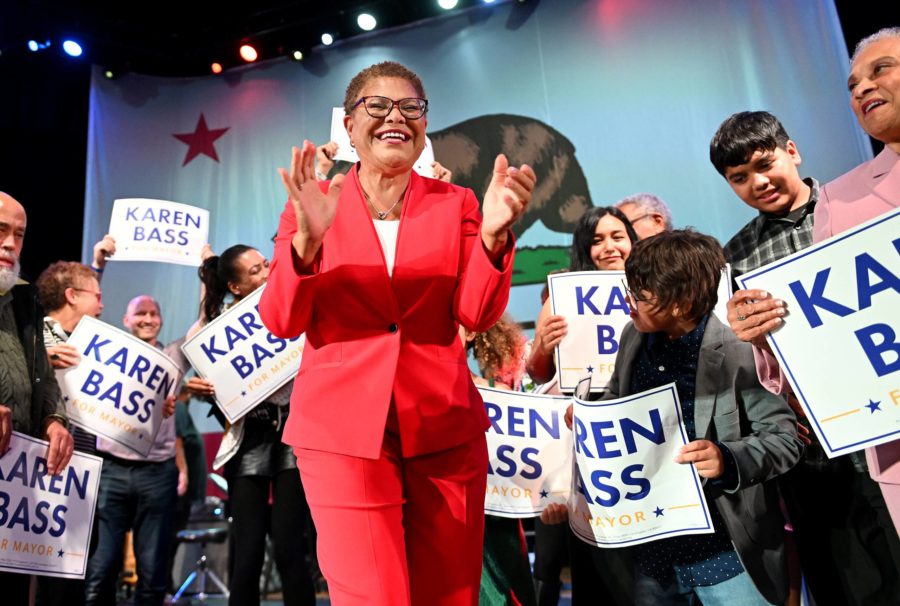
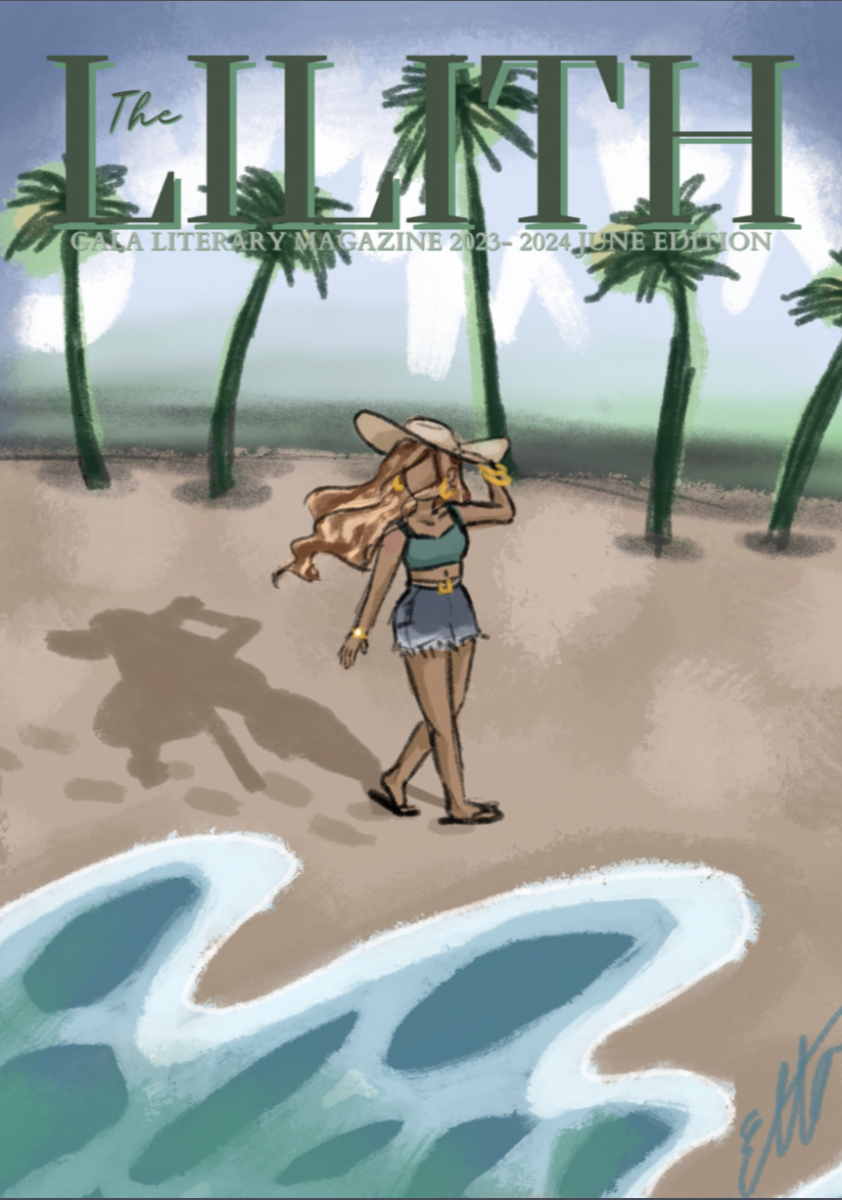
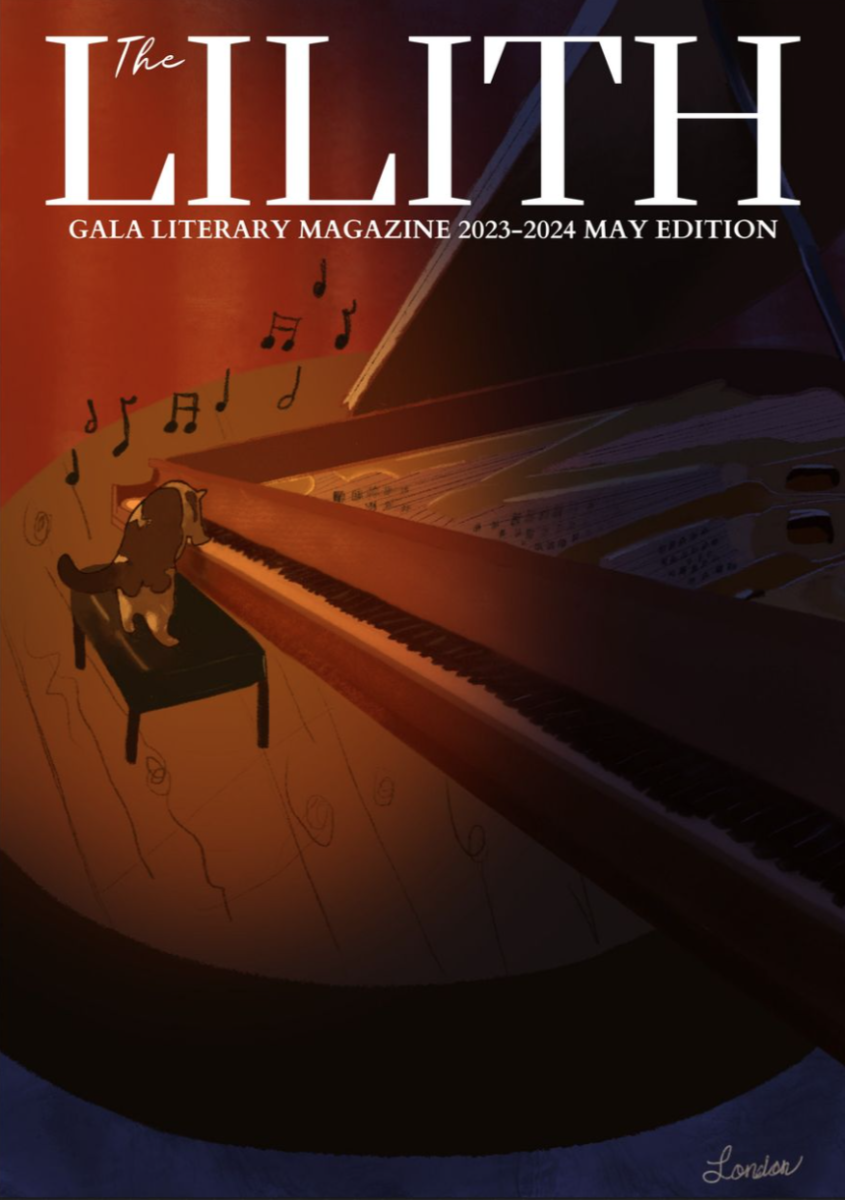

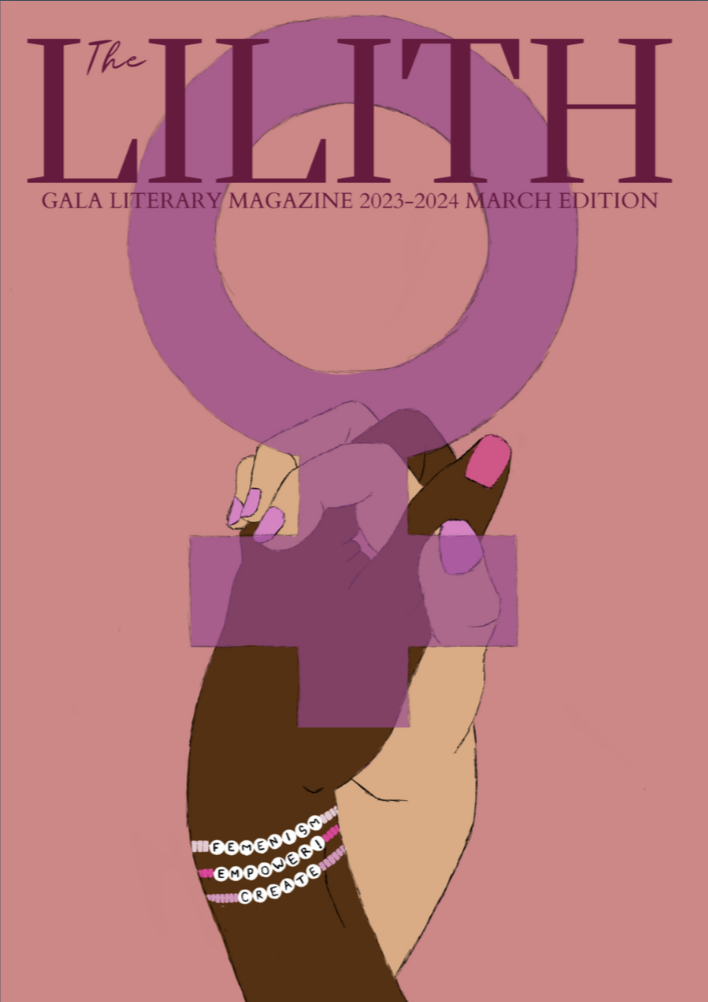
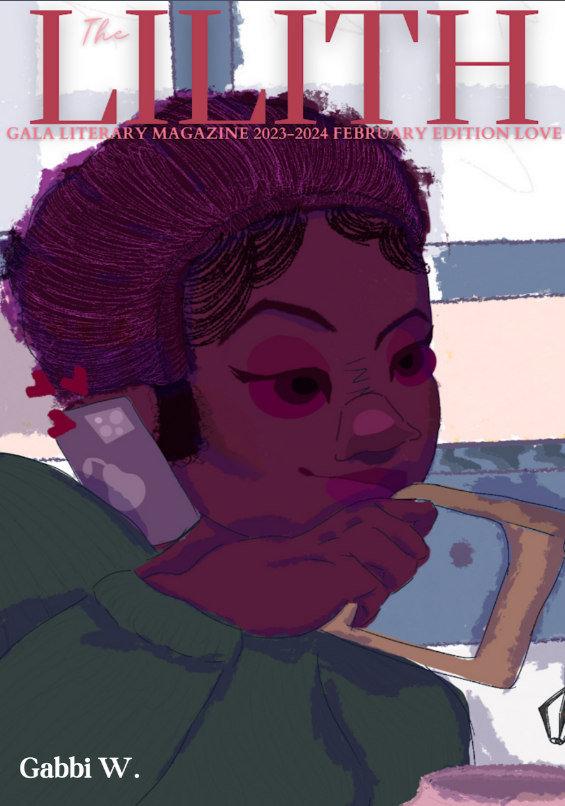


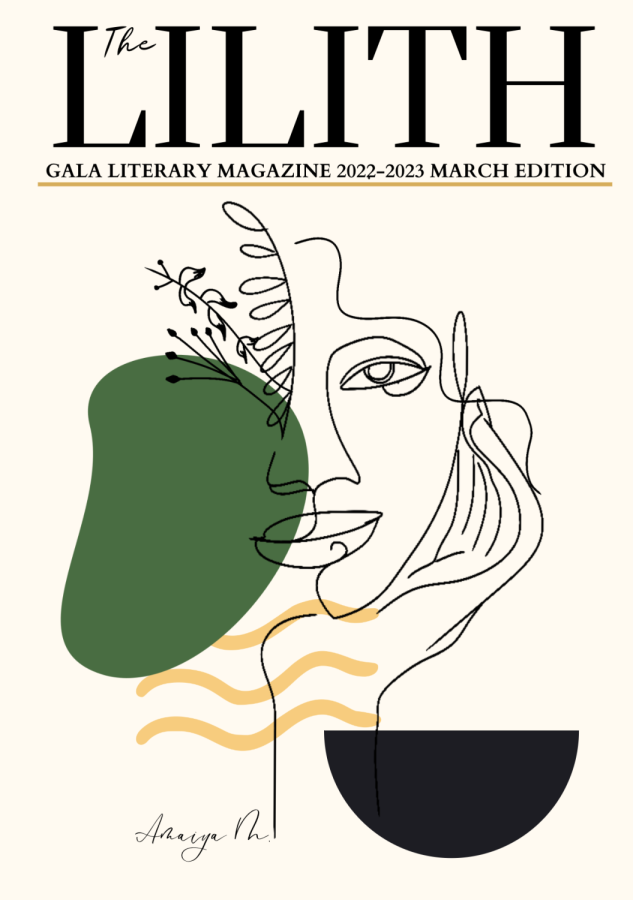
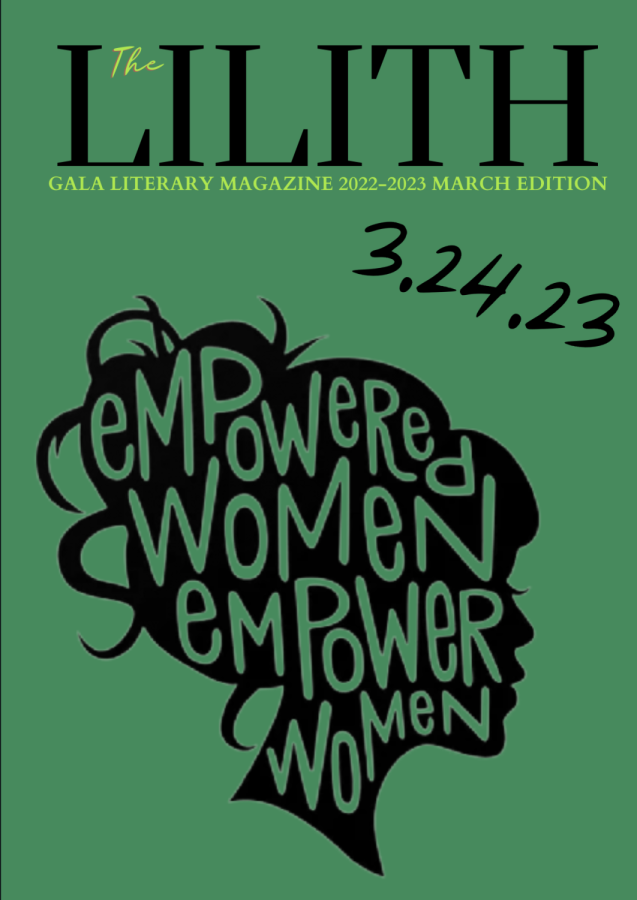
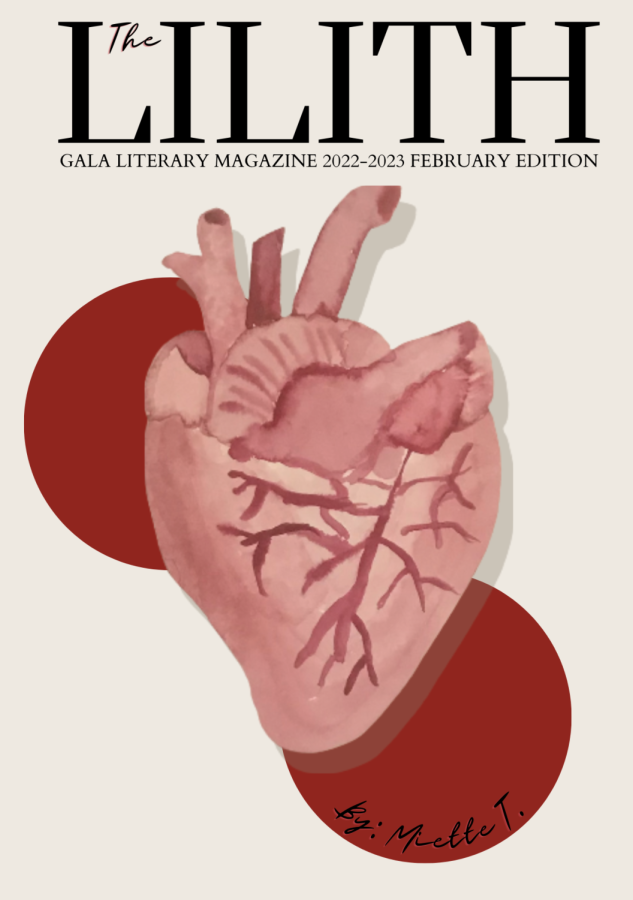
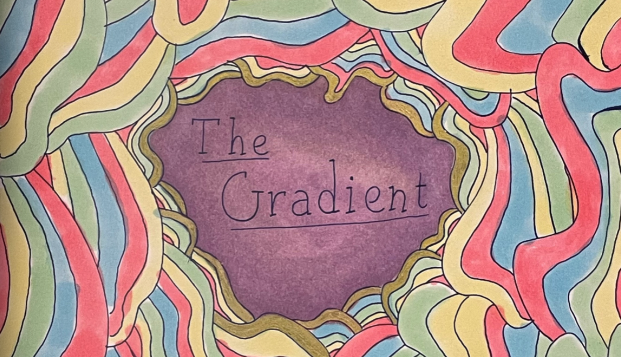
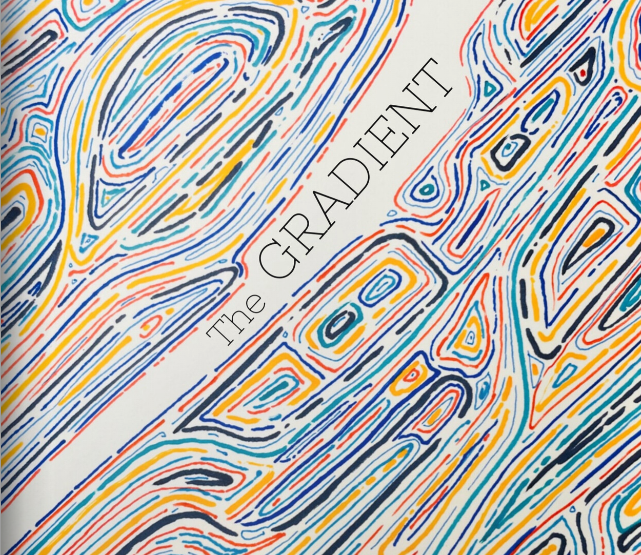
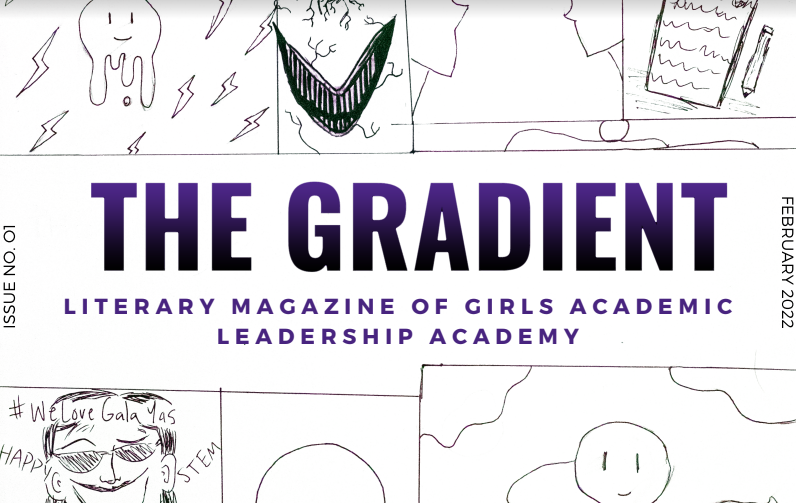

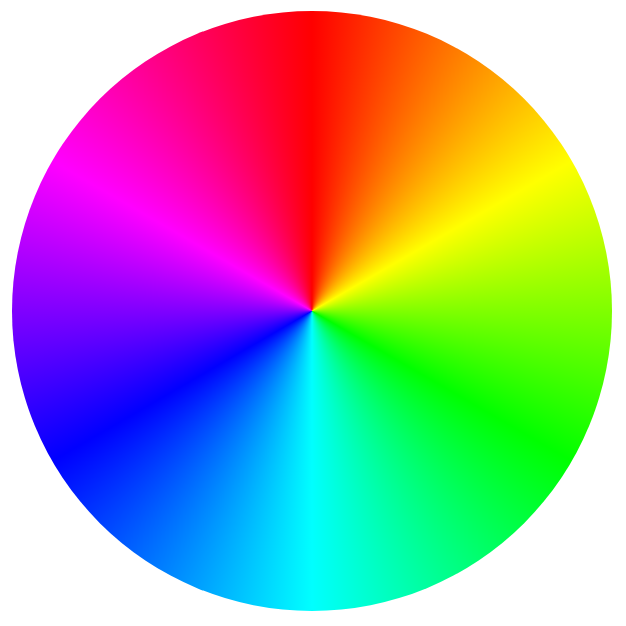





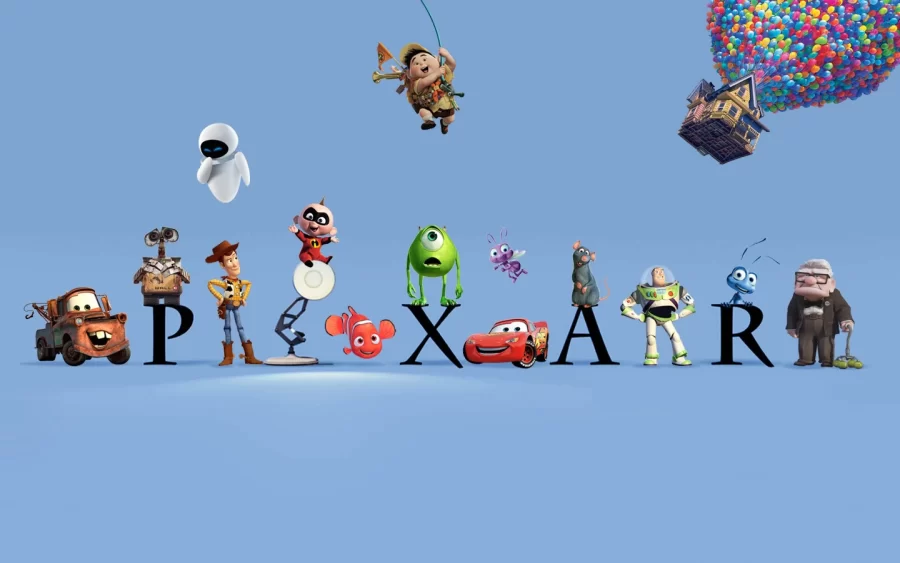
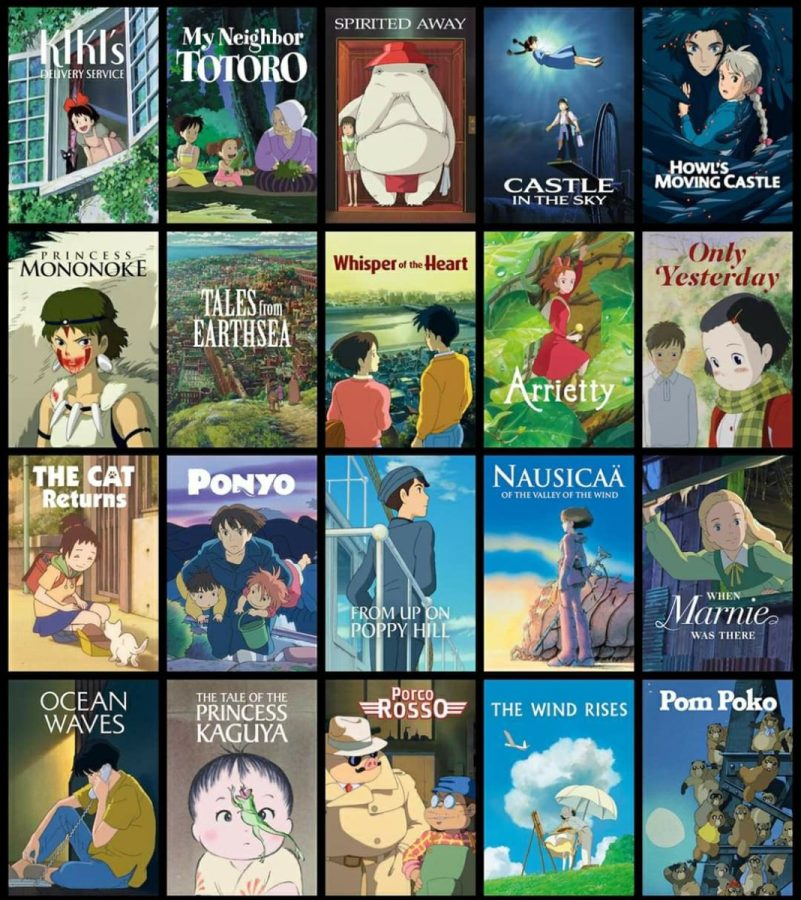
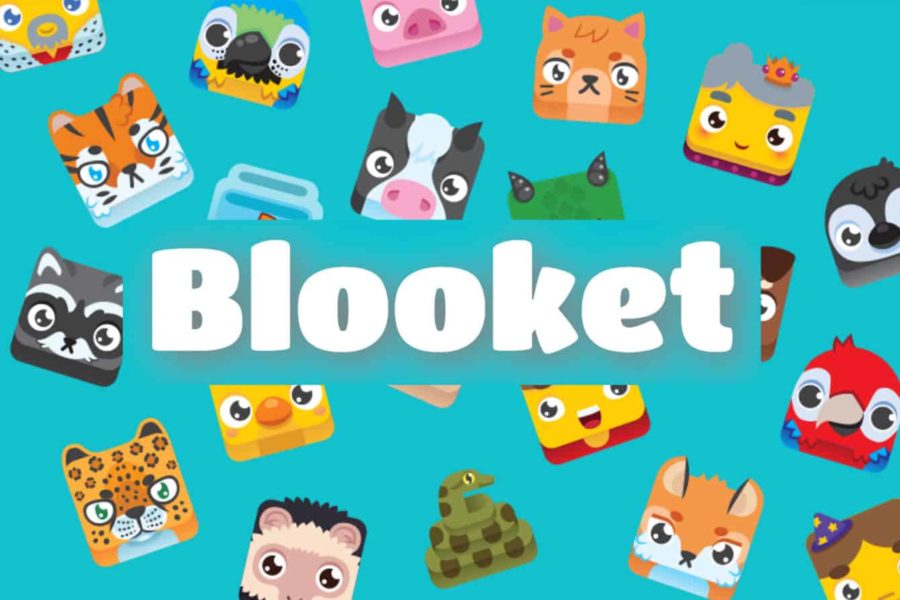
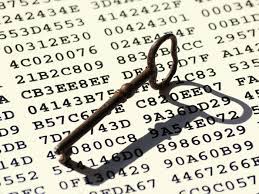
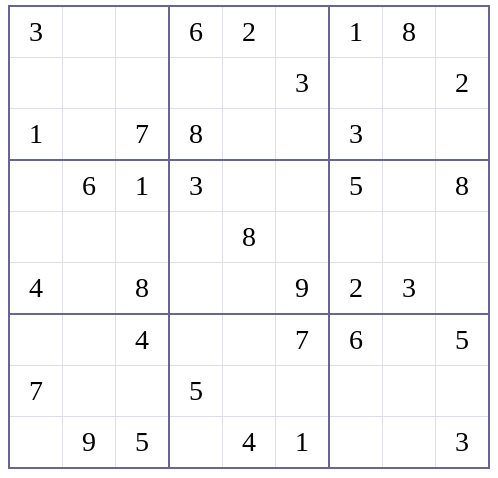

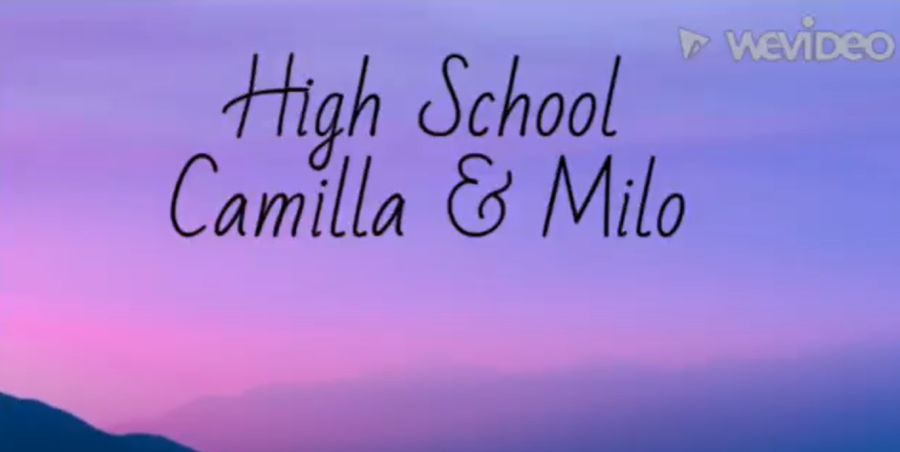
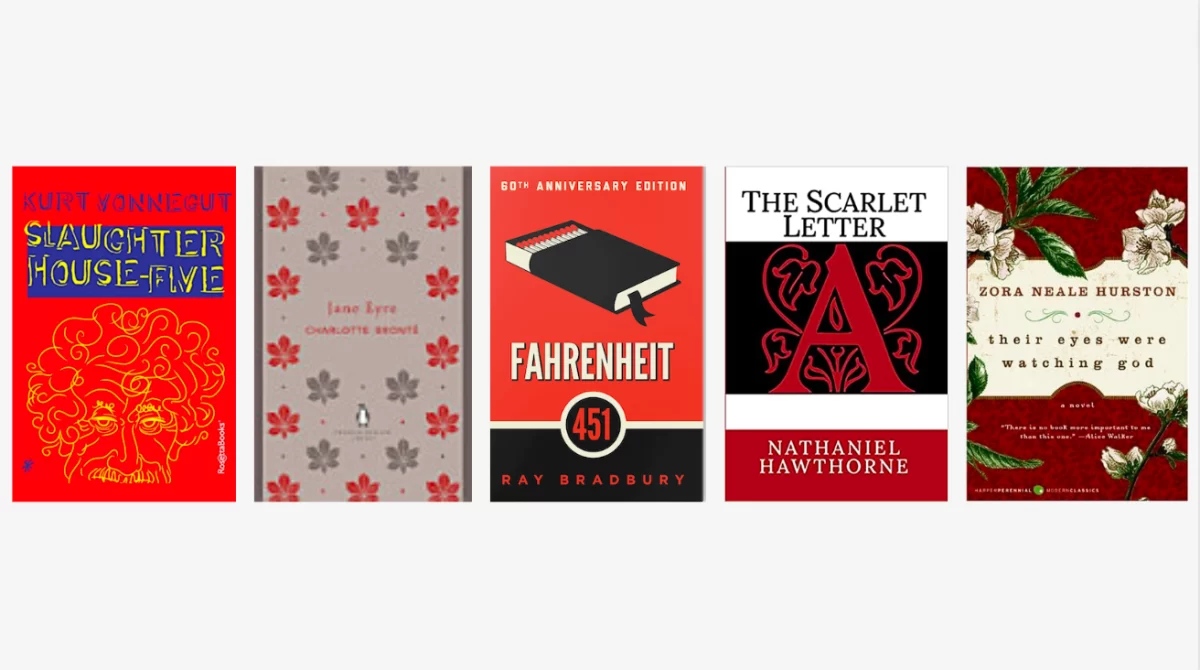

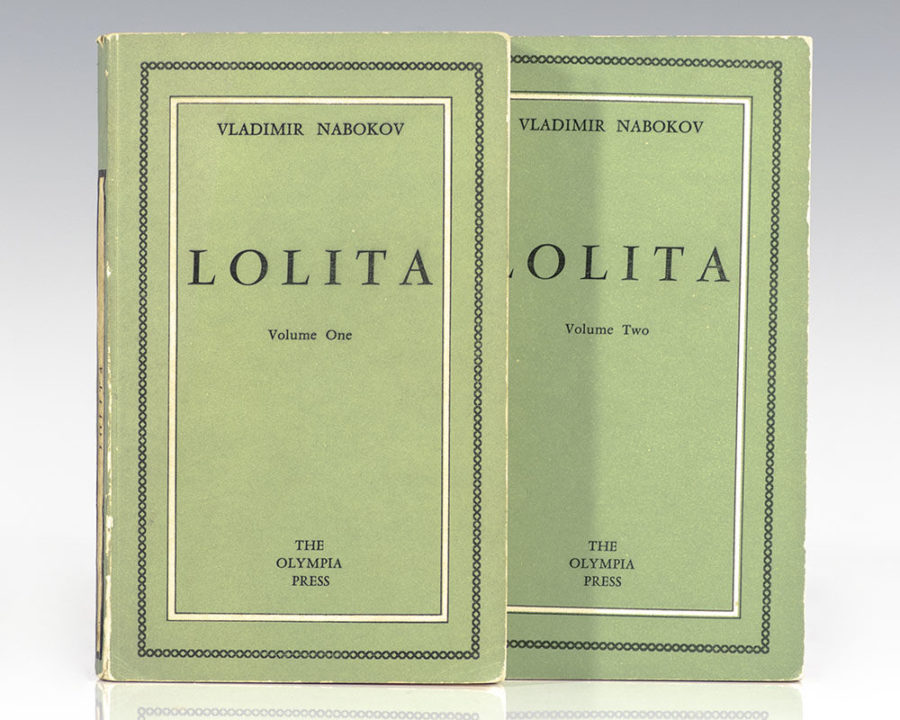
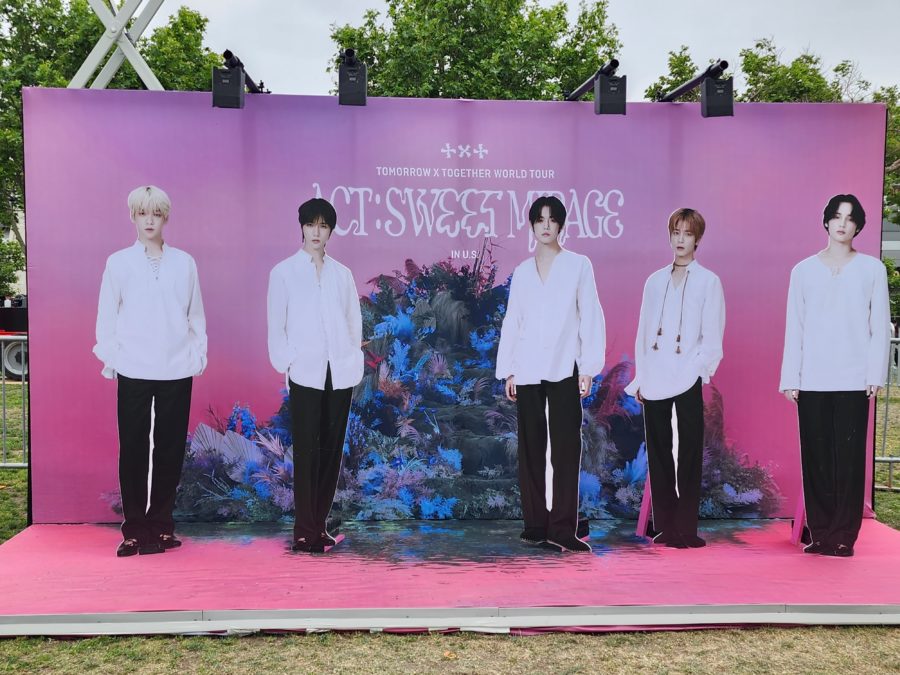
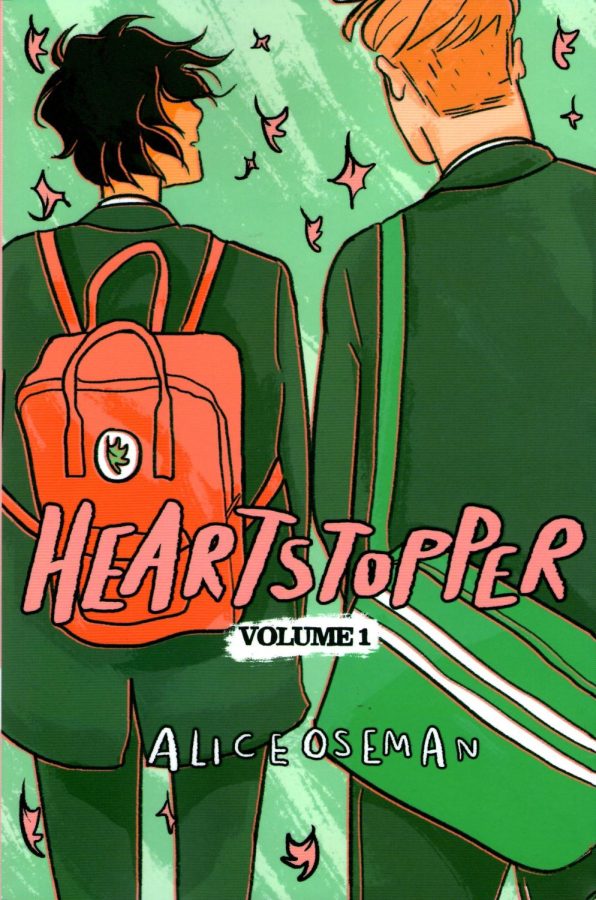

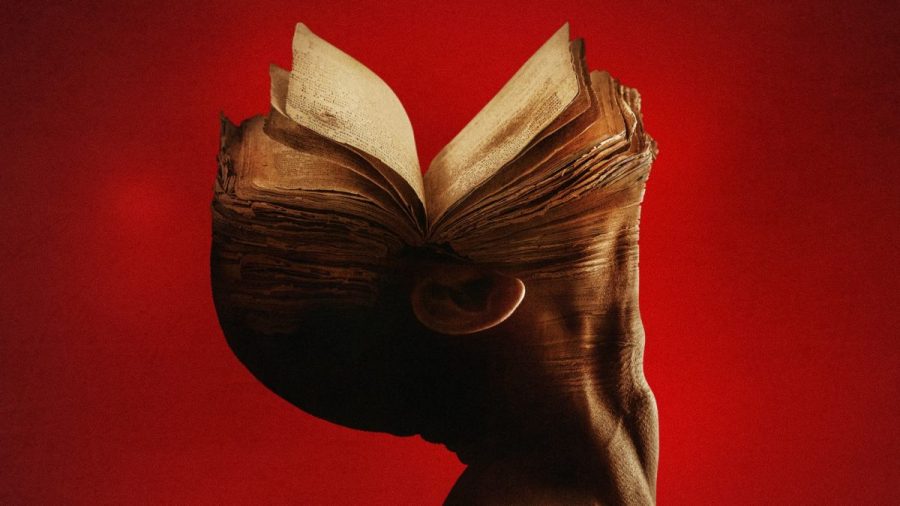
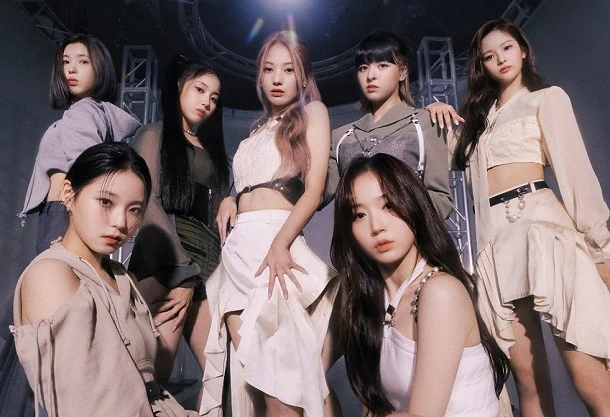

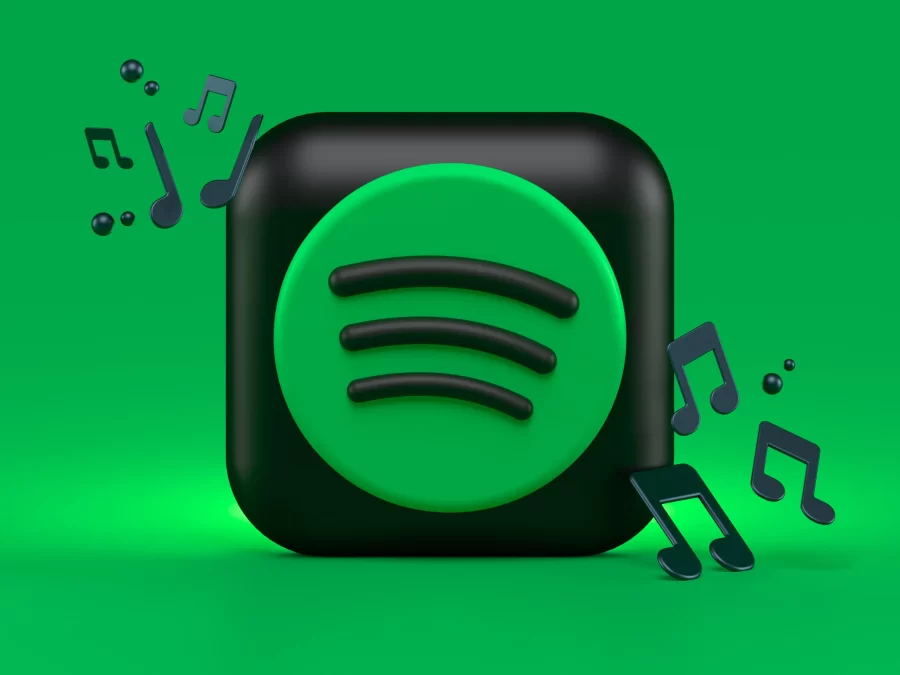
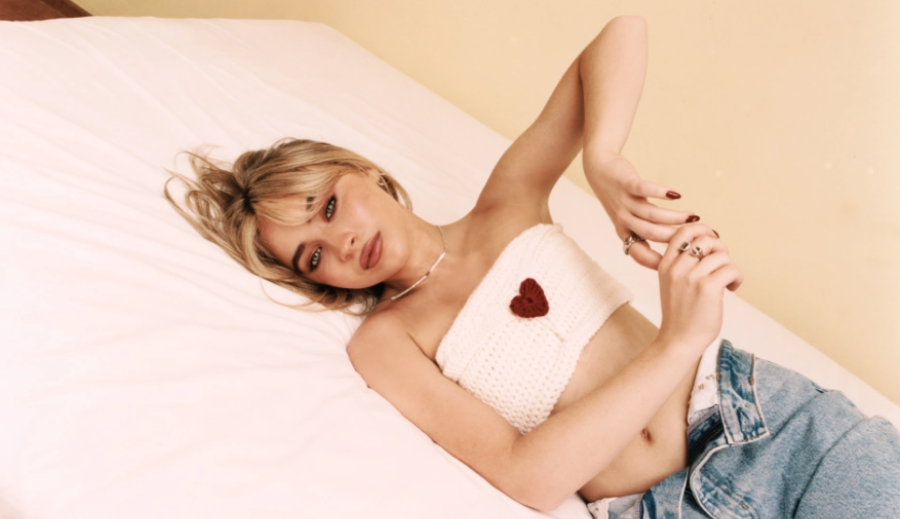
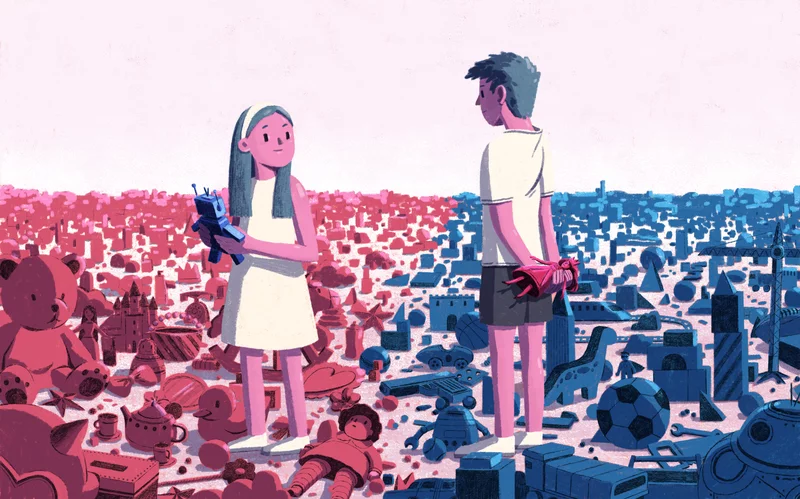

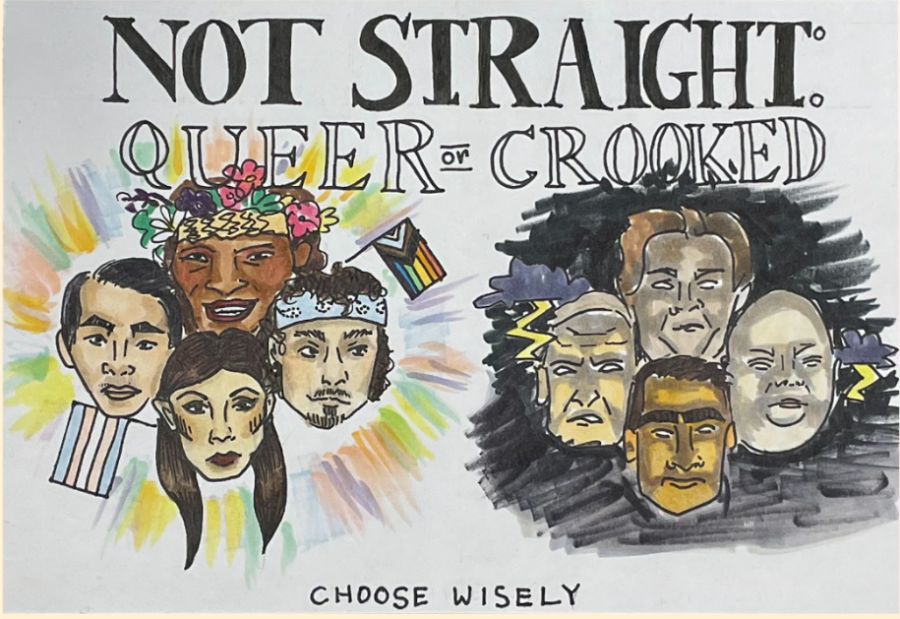
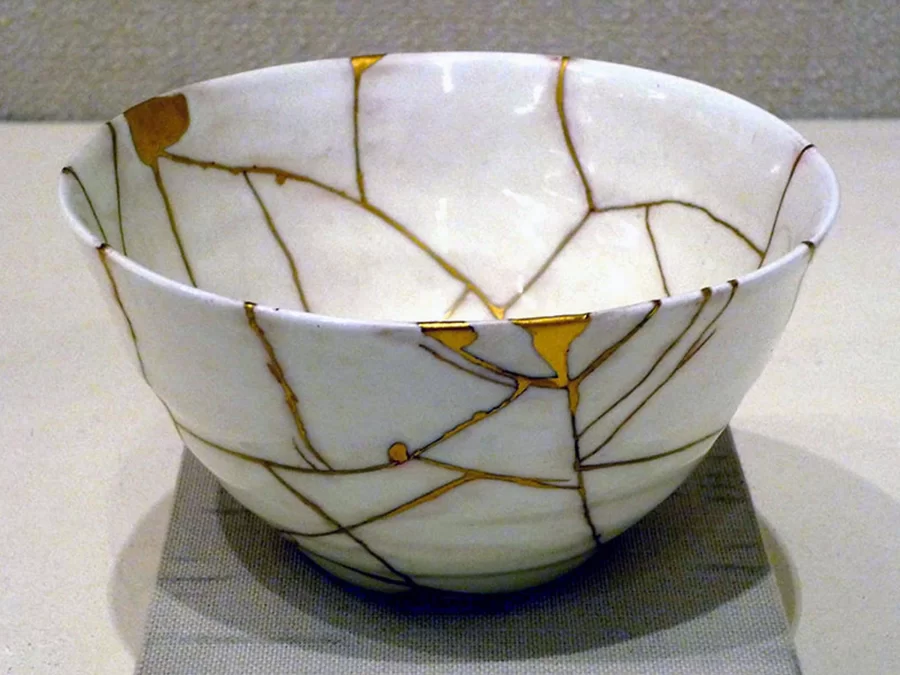
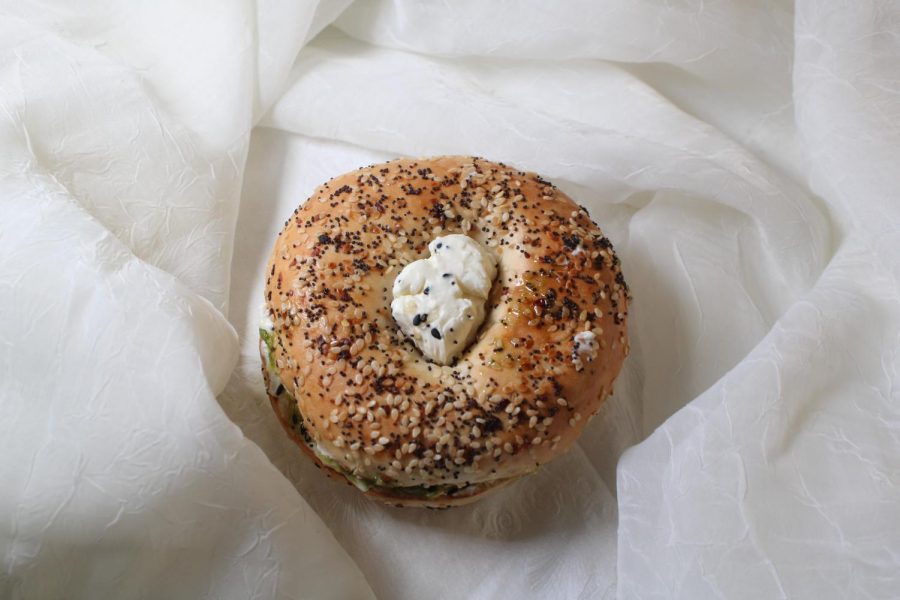
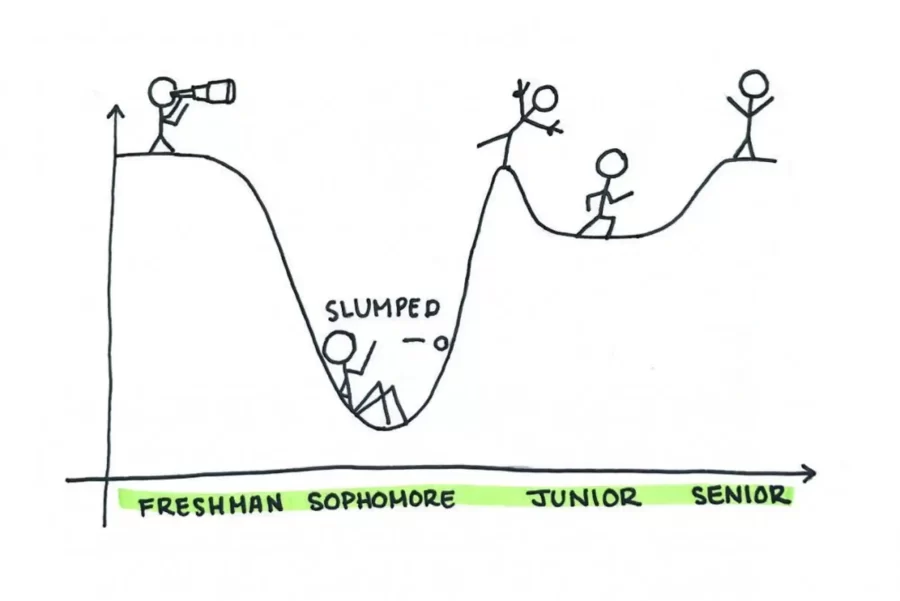



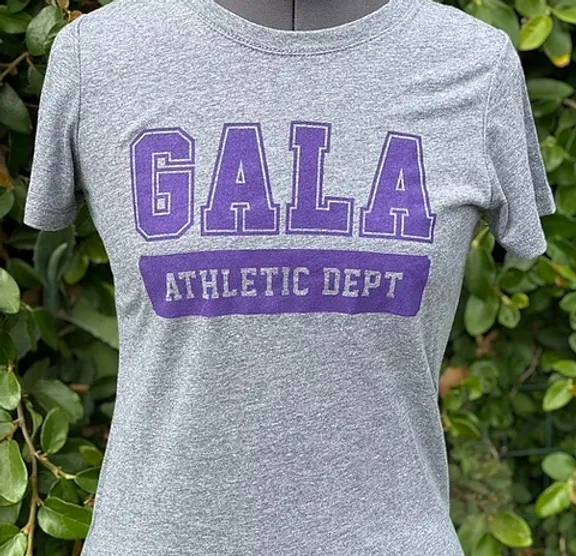
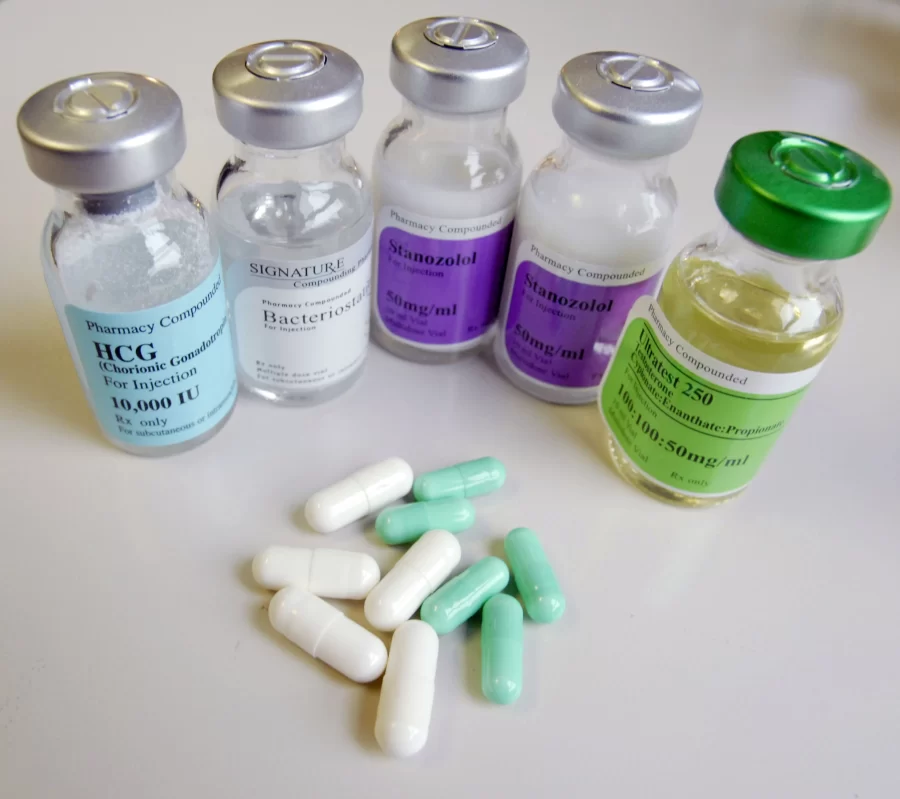

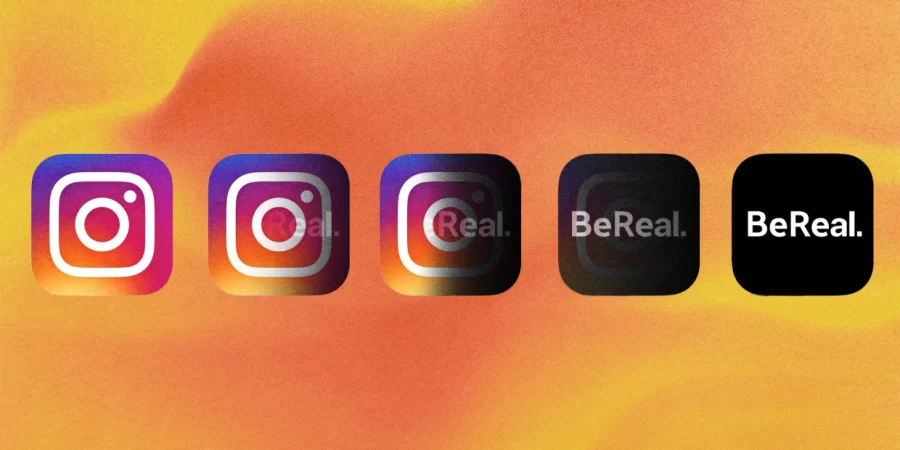
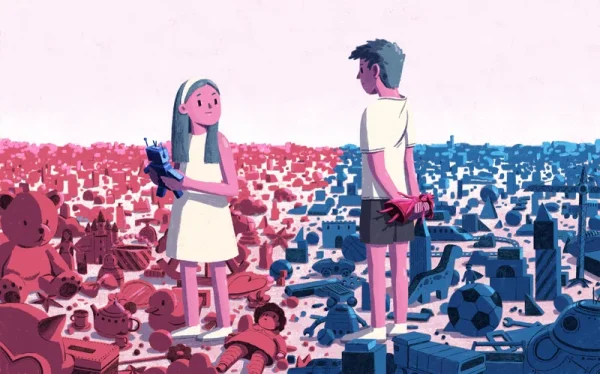
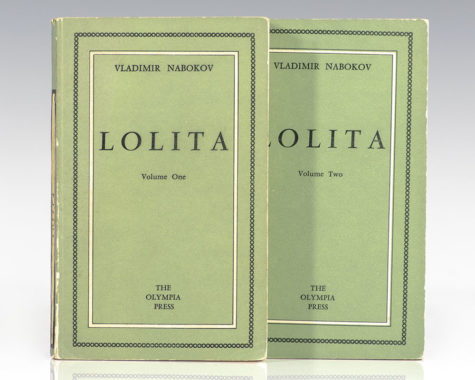

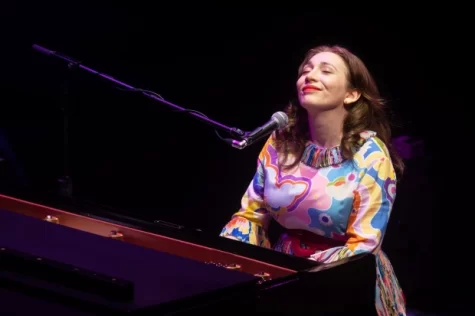
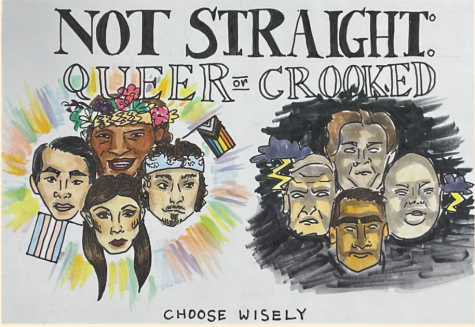



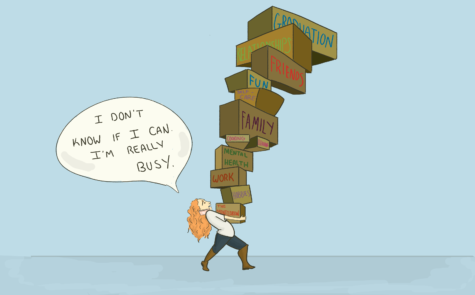



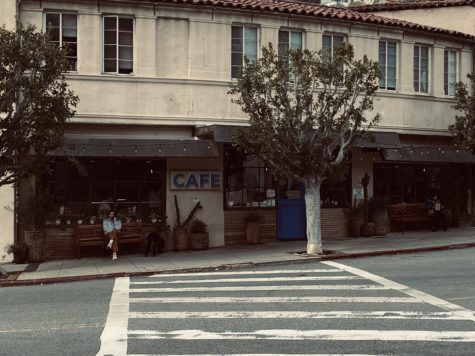
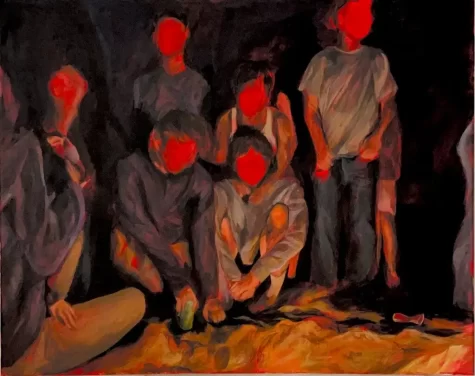

Tess Kohen • Nov 2, 2022 at 5:12 pm
This was a really good, well written article.
Jules Brown • Nov 2, 2022 at 4:58 pm
I like that you provided examples and talked about how it changed over time.
Sydney G. • Nov 2, 2022 at 4:50 pm
I really love this article, and how it addresses the good and bad impacts on BeReal